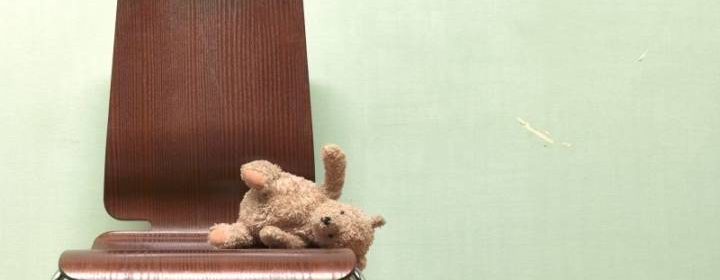Manitoba’s family emergency shelters remain open during coronavirus

The Manitoba Association of Women’s Shelters (MAWS) has a message for anyone experiencing family violence during the novel coronavirus outbreak: you are not alone.
Made up of 10 provincially funded women’s shelters and 10 affiliate members, MAWS says all family violence emergency shelters remain open across Manitoba.
Deena Brock, MAWS’ provincial coordinator, said the risk of domestic abuse increases during stressful times, and the organization expects to see a surge in reports of domestic abuse as families continue to self-isolate during the pandemic.
“We are getting set up on the perfect situation for abusers,” she told Global News on Tuesday.
“Because people are isolated in the home and they can’t get out, (abusers) can use the government’s words to stay home to help control that person.”
While Winnipeg police say they haven’t seen an increase in calls about domestic violence in the first few weeks of the pandemic, Brock said MAWS is treating this period as the calm before the storm.
‘There’s a lot of hidden cases’
In a release, the association said its shelters are seeing reduced calls and have fewer families in shelters than usual. Brock worries that’s because those living with violence may be weighing the risks of staying where they are against the risks of seeking shelter elsewhere.
[ Sign up for our Health IQ newsletter for the latest coronavirus updates ]
She says government messaging to stay home doesn’t apply to those experiencing abuse.
“If you know about a friend or a neighbour or family member who you might suspect of being involved in an abusive relationship, reach out to them on the phone or social media to make sure they’re safe,” she said.
Brock said shelters across the province are taking measures to ensure the safety of residents and staff during the pandemic and are preparing for the eventual surge they expect is coming.
Preparations are also being made to safely isolate those in need of a safe space if they or their children are infected, she said.
Family violence emergency shelters are located across the province in Winnipeg, Selkirk, Steinbach, Winkler, Portage la Prairie, Brandon, Dauphin, The Pas and Thompson.
There are five domestic violence shelters in First Nations communities, including Norway House Cree Nation in Norway House, Mamawehetowin Crisis Centre in Pukatawagan, Fisher River Healing Centre in Koostatak, Wechin Waskigan Crisis Centre in Shamattawa, and Nisichawayasihk Women’s Shelter in Nelson House.
Help is available for questions, support, safety planning and intake to shelter services 24/7 through the provincial Domestic Violence Help Line at 1-877-977-0007.
Questions about COVID-19? Here are some things you need to know:
Health officials caution against all international travel. Returning travellers are legally obligated to self-isolate for 14 days, beginning March 26, in case they develop symptoms and to prevent spreading the virus to others. Some provinces and territories have also implemented additional recommendations or enforcement measures to ensure those returning to the area self-isolate.
Symptoms can include fever, cough and difficulty breathing — very similar to a cold or flu. Some people can develop a more severe illness. People most at risk of this include older adults and people with severe chronic medical conditions like heart, lung or kidney disease. If you develop symptoms, contact public health authorities.
To prevent the virus from spreading, experts recommend frequent handwashing and coughing into your sleeve. They also recommend minimizing contact with others, staying home as much as possible and maintaining a distance of two metres from other people if you go out.
For full COVID-19 coverage from Global News, click here.
Source: Read Full Article

